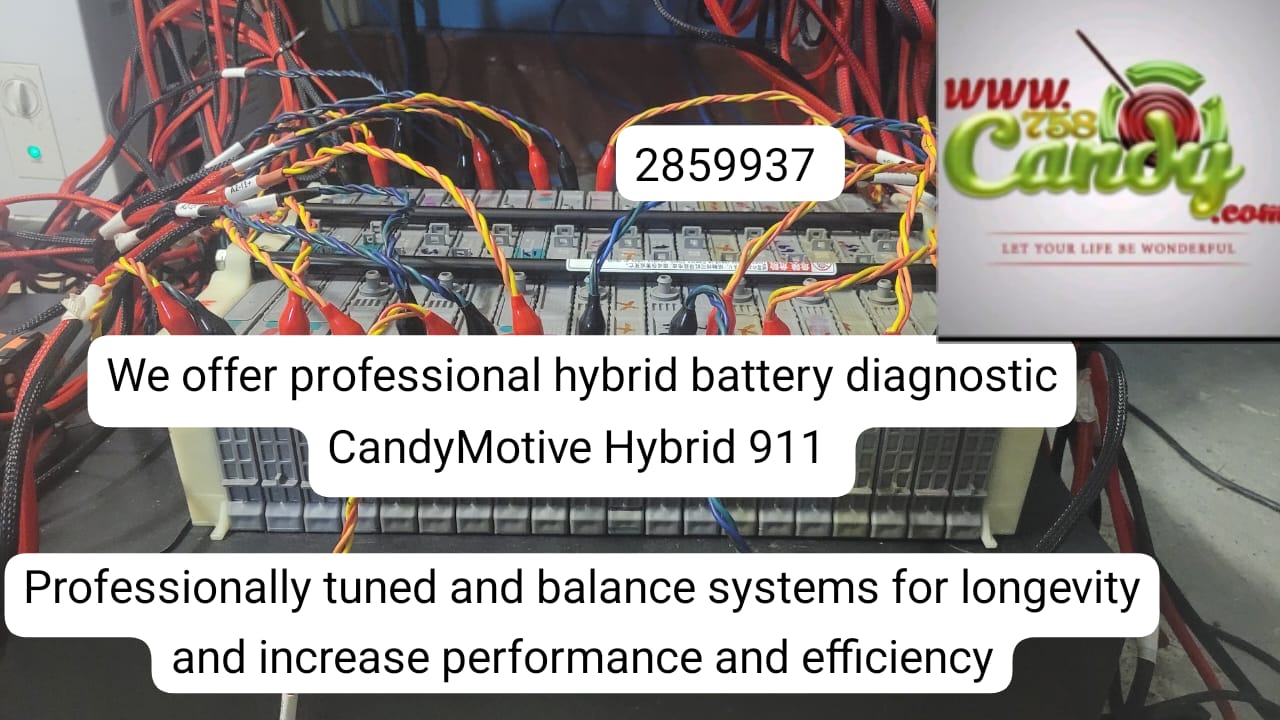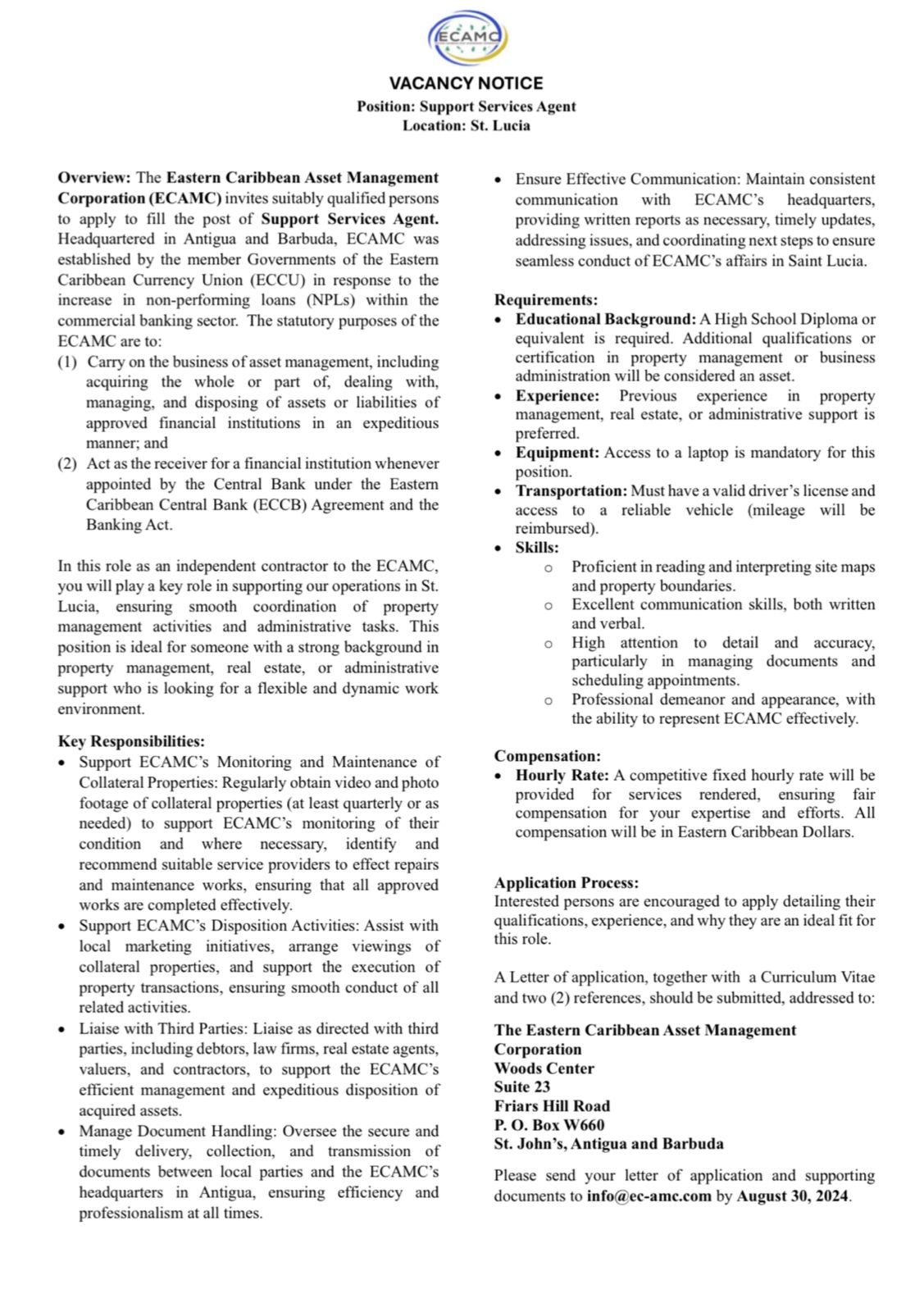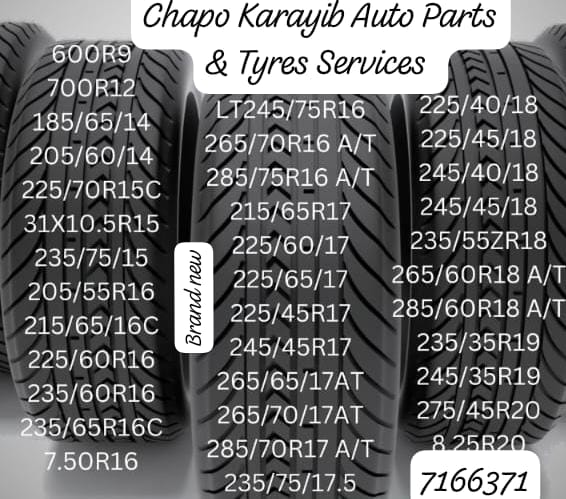28/08/2024
OECS and MIC Partner to Build Journalists' Capacity for Coverage of Plastic Pollution and the Circular Economy
By OECS

The Organisation of Eastern Caribbean States (OECS) Commission and the Media Institute of the Caribbean (MIC) have launched an initiative to strengthen Caribbean journalists' capacity to report on plastic pollution and waste management within the context of the circular economy. This collaboration has kicked off a 4-part webinar series aimed at deepening journalists' understanding of regional waste management challenges while equipping them with the tools to critically report on these pressing environmental issues.
The webinars, running from August 22 to September 19, have attracted significant interest from the media community across the OECS and wider CARICOM region. Eighty-six journalists have registered, with an opening day participation average of 50. Co-facilitated by MIC, the series convenes experts from the United Nations Development Program (UNDP), academia, and private consulting to deliver comprehensive insights on waste management, plastic pollution in the Caribbean, circular economy, relevant legislation, international agreements, advanced research techniques, and opportunities for media coverage and content creation.
This initiative is a key component of the broader Recycle OECS Project, implemented by the OECS in partnership with Agence Française de Développement (AFD) and funded by the European Union. The Recycle OECS Project aims to establish a sustainable model for the collection, separation, and recycling of plastic waste in the Eastern Caribbean, contributing to reducing plastic pollution in the region’s marine and terrestrial environments.
Chamberlain Emmanuel, Head of the Environmental Sustainability Division at the OECS Commission, emphasised the training's importance:
“The rapidly increasing levels of plastic pollution pose a significant threat to our region’s biodiversity, economy, and public health. The media plays a crucial role in raising awareness and advocating for the necessary changes in policy and practice. Through this partnership with MIC, we aim to equip journalists with the knowledge and skills needed to effectively report on these critical issues and engage the public in the transition to a circular economy.”
Wesley Gibbings, Vice President of the Media Institute of the Caribbean, added:
“The task of reporting on environmental issues such as plastic pollution is not merely about transmitting messages. It requires rigorous journalistic standards, including investigation, accountability, and the accurate communication of complex scientific concepts. We are proud to partner with the OECS in this endeavor and look forward to the impactful stories that will emerge from this training series.”
Media professionals in the region are encouraged to participate in this important initiative and contribute to the ongoing dialogue on sustainable development in the Caribbean. The next webinar in the series is scheduled for August 29. More information about the webinar series can be accessed at MIC's website.

TO RECEIVE NEWS NOTIFICATIONS VIA WHATS APP PLEASE SAVE OUR NUMBER AND SEND US A MESSAGE AT 7584896261 AND WE WILL ADD YOU TO OUR LIST






